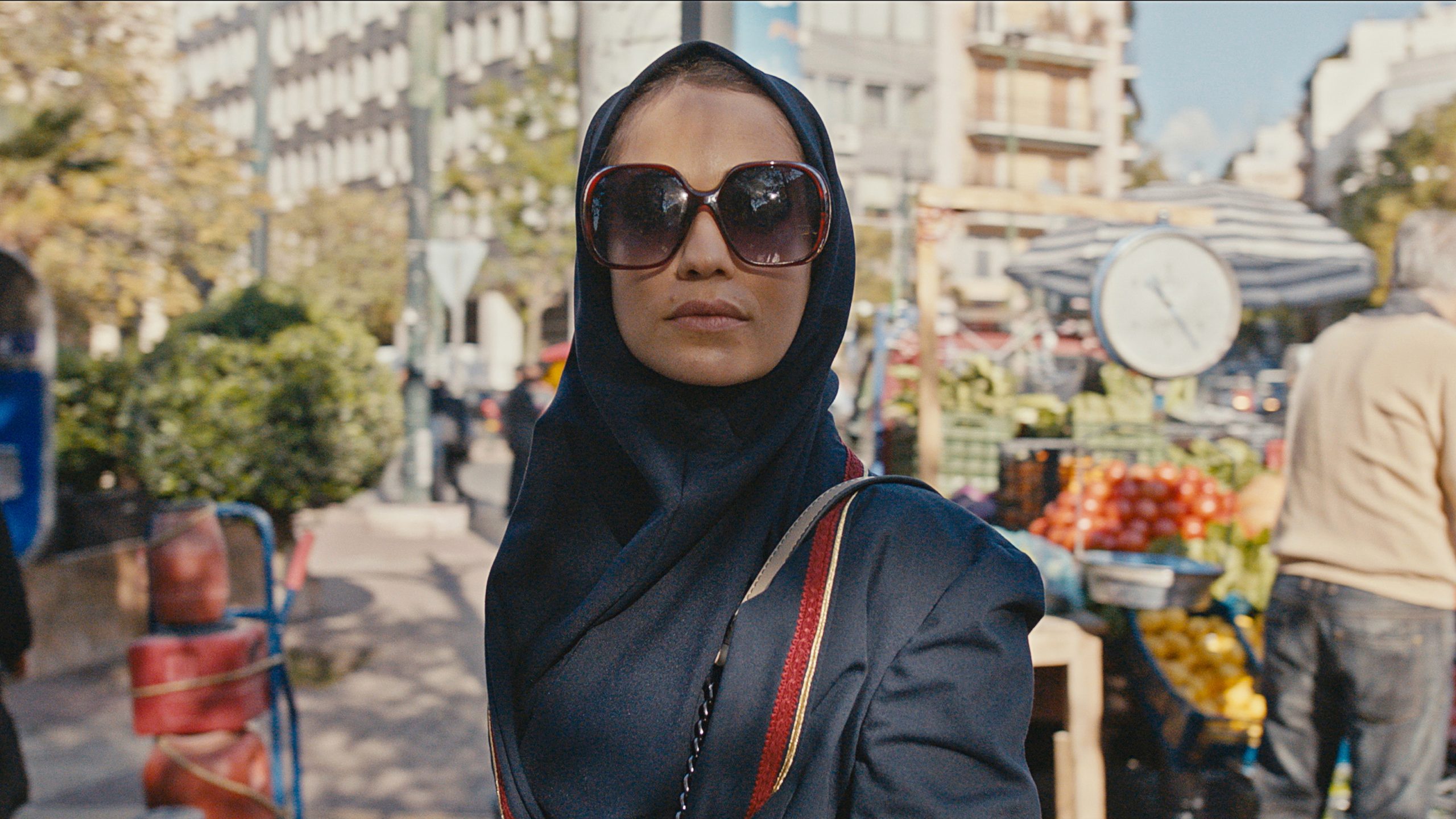Writer Moshe Zonder has built an admirable oeuvre out of showcasing diverse (and often conflicting) perspectives in his series. With the political thriller ‘Fauda,’ he depicted the two-sided story of a Palestinian militant and the IDF (Israeli Defence Forces) agents who urgently pursue him. With ‘Tehran,’ he, yet again, tells the tale of a Mossad cyber agent, Tamar Rabiyan, who returns to her hometown of Tehran to lay an elaborate trap and facilitate Israeli exploitation of Iran’s nuclear facilities. Somewhere along the way, her plan is foiled, and the young agent is indefinitely trapped within the Middle Eastern country and forced to reckon with her heritage and culture. The show stars Niv Sultan, Shaun Toub, Menashe Noy, Shervin Alenabi, and Navid Negahban.
Taken at face value, ‘Tehran’s’ intricately carved-out plot, fully fleshed-out characters and politically urgent themes give the impression of an almost biographical account of events. But is that truly the case? Were there any true events that transpired in Zonder’s ‘Tehran’? If not, what prompted Zonder to create a show of this caliber? We explore the what, how, and why below.
Tehran: A Fictional Story Rooted in Reality
No, ‘Tehran’ is not based on a true story but is purely fiction. Yet, ‘Tehran’ is not without socio-political influence. The series is the culmination of years of research and interviews of scholars of Iranian affairs, cybersecurity specialists from the Mossad, and Iranian exiles. The writers’ (Zonder, together with Dana Eden, Maor Kohn, Omri Shenhar, and Daniel Syrkin) extensive research coalesced to form the plot and characters of ‘Tehran.’
True to his brand of writing and creating, with ‘Tehran,’ Zonder and his fellow writers aimed to conceptualize a series that contradicts Iran’s image as a mortal enemy of Israel and a state that aims to destroy it. Zonder purposefully crafted characters that weren’t one-dimensional at first glance. In the series, Iranian characters, even those within its oppressive regime, are portrayed through an empathetic lens. Iran, too, is shown in a warm and welcoming light, and its neighborhoods are depicted humanely and compassionately. Time and again, the creators stress the shared humanity of Iranians and Israelis.
Zonder set out to offer his Iranian subjects the benefit of the doubt, even while making apparent the brutish and frightening nature of the ayatollah’s regime. Zonder walks a fine line here, but he walks it with care. On the even-handed approach with which he deals with both sides of the political aisle, Zonder said, “I was always interested in ‘the other side.’ Maybe it comes from how my parents taught me not to prejudge anyone.”
The creator hopes that ‘Tehran’ will act as a vehicle for change and bridge the political divide between Israelis and Iranians. To that effect, he divulged, “I don’t delude myself, but perhaps ‘Tehran’ will do something to help with the total disconnect between Israelis and Iranians.” ‘Fauda’s’ ability to affect change, for instance, did not go unnoticed – by Zonder’s own account, it inspired many Israelis to learn the Arabic language. Zonder hopes ‘Tehran’ will follow in its trend.
Another plot mechanism Zonder consciously wielded was using a female protagonist as the prime perspective through which we view the unfolding events. Zonders terms this a ‘political choice’. Our protagonist, Tamar, played by actress Niv Sultan, not only fights the political powers that be but also combats the patriarchy.
Read More: Where is Tehran Filmed?

